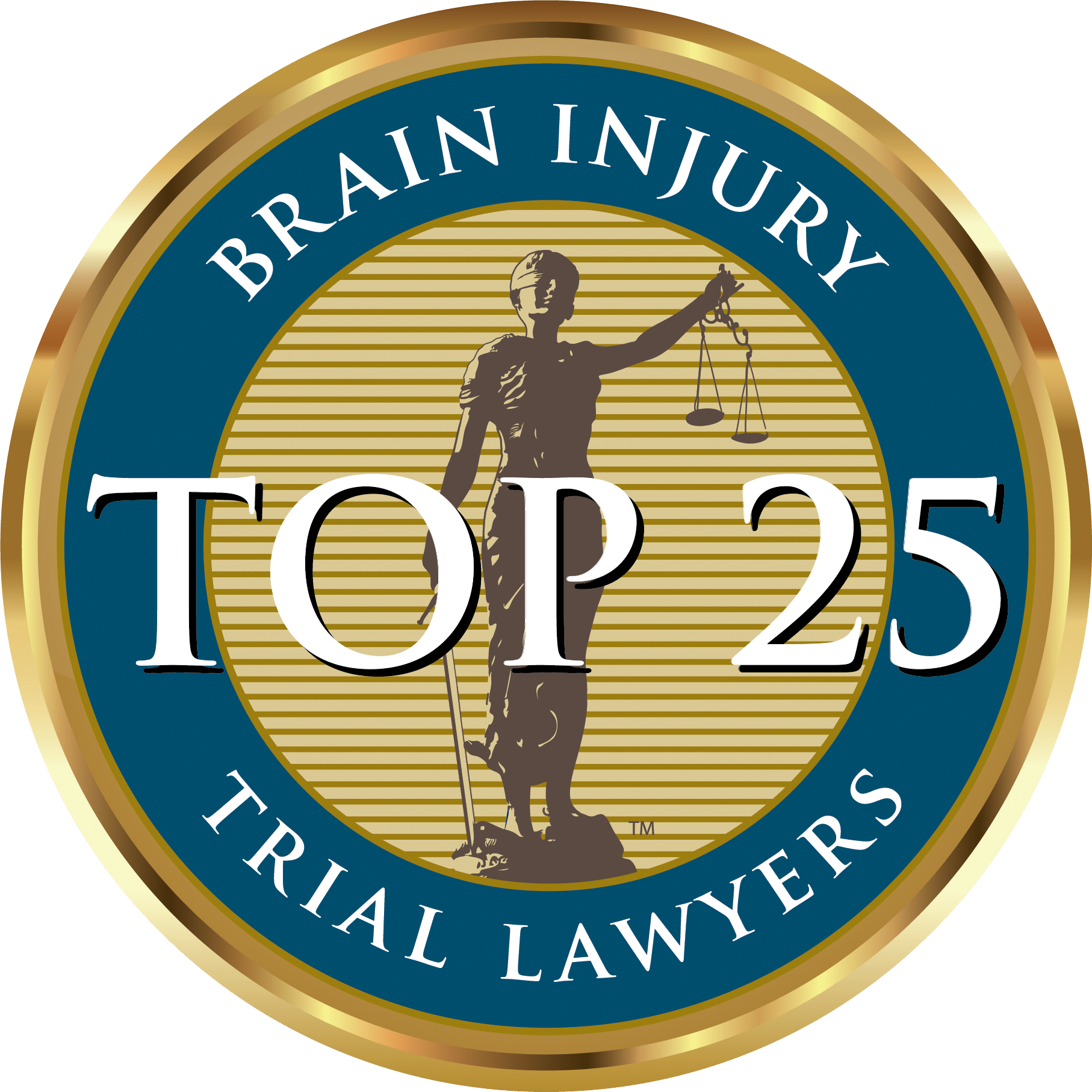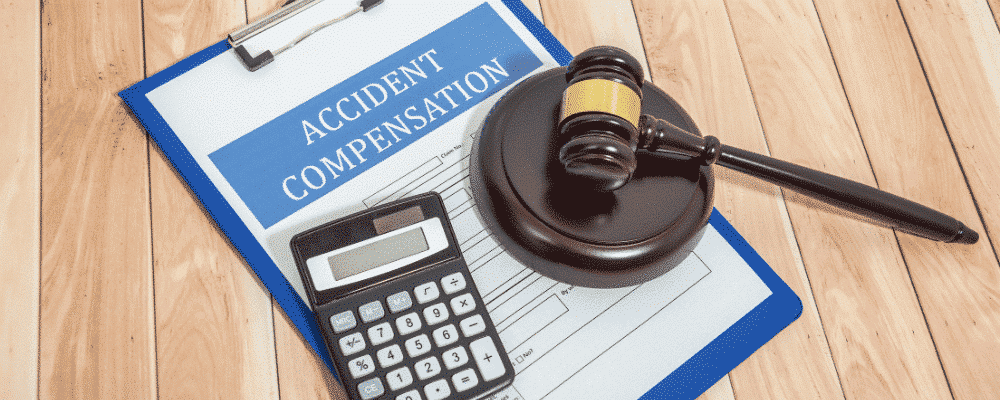Home > Blog
Blog
Category
- All
- Brain Injury
- Car Accident Injury
- Child Sex Abuse
- Firm News
- Insurance
- Legal Advice
- Motor Vehicle Accidents
- Personal Injury
- Premises Liability
- Safety Tips
- State Laws
- Uncategorized
All
- All
- Brain Injury
- Car Accident Injury
- Child Sex Abuse
- Firm News
- Insurance
- Legal Advice
- Motor Vehicle Accidents
- Personal Injury
- Premises Liability
- Safety Tips
- State Laws
- Uncategorized
Average Motorcycle Accident Settlement
April 15, 2024
Average Motorcycle Accident Settlement The average motorcycle accident settlement obtained by Cordisco & Saile LLC’s motorcycle accident attorneys is $100,000. However, we have settled cases ...
Read More...
Civil vs Criminal Sexual Abuse Cases: What’s the Difference?
November 6, 2023
Civil vs Criminal Sexual Abuse Cases: What’s the Difference? Victims of sexual abuse pursue criminal charges and file civil lawsuits, so it is important to ...
Read More...
Understanding the Average Workers’ Compensation Settlement Amount
September 29, 2023
Understanding the Average Workers’ Compensation Settlement Amount If you were injured at work, you might wonder, “What is the average workers’ comp settlement?” Each case ...
Read More...
How Much Compensation Can You Get for CRPS?
September 27, 2023
How Much Compensation Can You Get for CRPS? The average compensation for complex regional pain syndrome, or CRPS, depends on what led to your condition ...
Read More...
Average Truck Accident Settlement in Pennsylvania
September 13, 2023
In Pennsylvania, the average truck accident settlement can range into the millions, depending on the circumstances. People who suffer serious injuries deserve compensation to make ...
Read More...
New Jersey Child Victims Act Implementation Challenged by Watch Groups
August 29, 2023
New Jersey Child Victims Act Implementation Challenged by Watch Groups Child sexual abuse is a devastating crime that poses serious threats to the well-being and ...
Read More...
Pennsylvania Child Sex Abuse Legislation Udpate
August 29, 2023
Pennsylvania Child Sex Abuse Legislation Update On any given day, news articles expose the horrific tales of child sex abuse victims from Pennsylvania as they ...
Read More...
Cordisco & Saile Celebrates Community Unity with National Night Out
August 25, 2023
Cordisco & Saile Celebrates Community Unity with National Night Out Middletown, Pennsylvania geared up for the annual National Night Out event on August. Founded in ...
Read More...
Average Settlement for Car Accident Back and Neck Injury
August 9, 2023
Average Settlement for Car Accident Back and Neck Injury Car accident settlements compensate victims for the losses they suffer from crashes. Depending on the victim’s ...
Read More...
Can You Sue for Post-Concussion Syndrome?
July 30, 2023
Can You Sue for Post-Concussion Syndrome? Post-concussion syndrome occurs when mild traumatic brain injury symptoms last longer than expected. It can cause dizziness, headaches, and ...
Read More...
Connect with Cordisco & Saile LLC About Your Options for Free Today
You can speak with a Cordisco & Saile LLC team member for free today. If you were hurt, we will assess your case and explain your next steps to recover compensation. Our auto accident lawyer in Bucks County can handle your claim or lawsuit while you focus on healing from your injuries. Call us today at 215-642-2335 to learn more.











